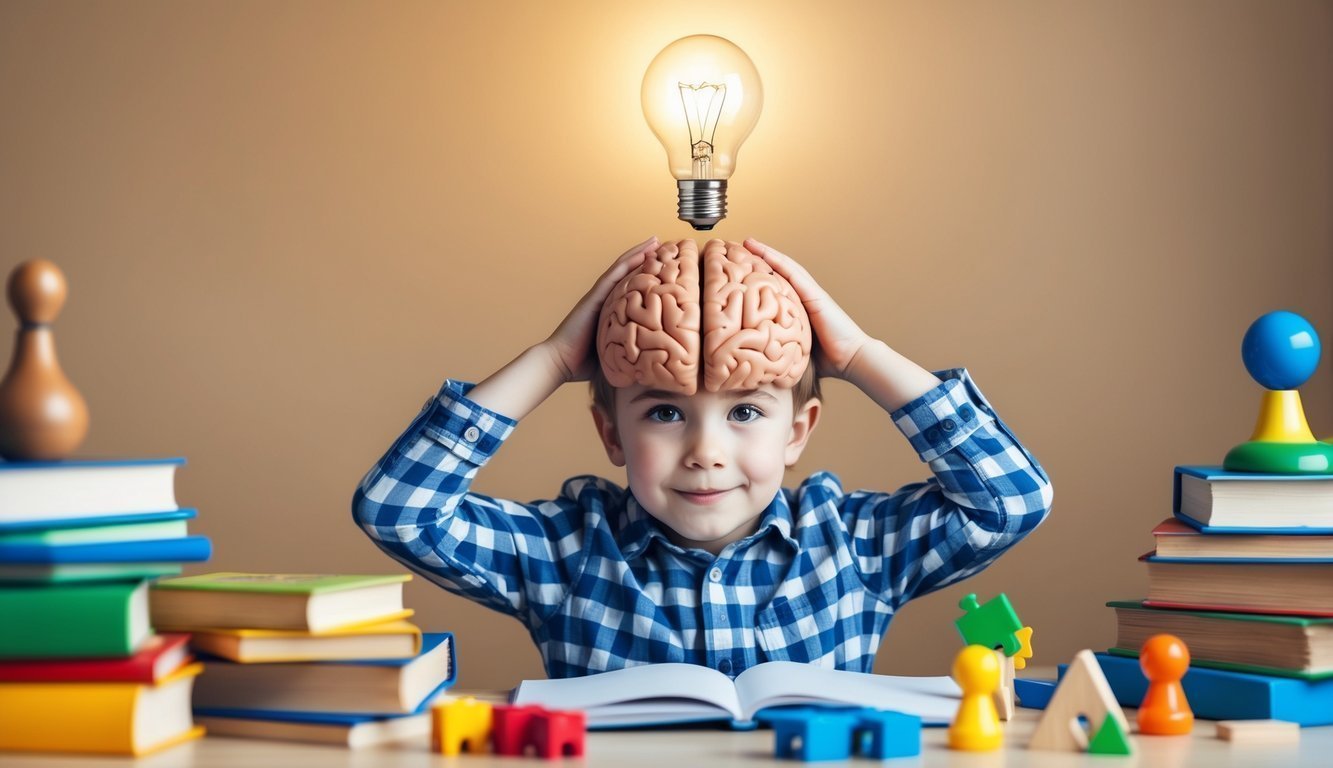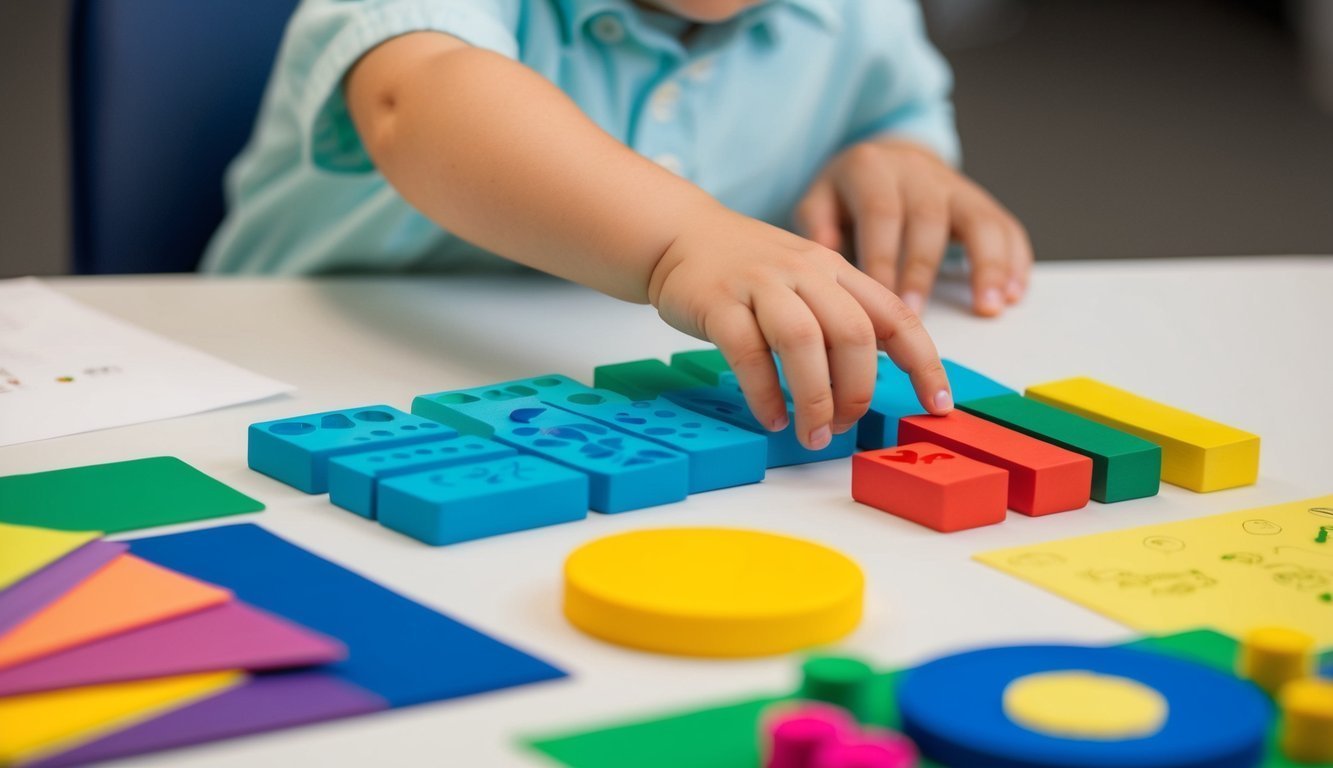Physical Address
304 North Cardinal St.
Dorchester Center, MA 02124
Physical Address
304 North Cardinal St.
Dorchester Center, MA 02124

Developmental psychology investigates the ways in which individuals evolve and grow throughout their lives, focusing on the physical, cognitive, social, and emotional changes from conception through to old age.
Developmental psychology is the systematic study of how people develop over time, incorporating various facets of human growth, including physical, cognitive, and psychosocial changes.
Developmental psychologists analyze trends of change and consistency in behaviors throughout the lifespan.
Their research delves into the interplay between innate factors and environmental influences in shaping personal development.
Are you tired of spinning your wheels and getting nowhere? Simply put, you’re out of sync: you’re out of alignment with your astral configuration.
But: there’s a kind of map that can help you reclaim your alignment. Think of it as your own personal blueprint to success and happiness: a blueprint that will help you live your most amazing life.
Get started here.
Key themes include:
These themes facilitate a deeper understanding of the intricate mechanisms behind human development, providing a framework for exploring how individuals navigate various life stages.
A variety of significant theories direct research within developmental psychology:
Piaget’s Cognitive Development Theory: Concentrates on the evolution of children’s thinking through defined stages.
Erikson’s Psychosocial Theory: Investigates social relationships and conflicts throughout eight distinct life stages.
Bowlby’s Attachment Theory: Examines the significance of early bonds between caregivers and children.
Vygotsky’s Sociocultural Theory: Stresses the importance of social interactions and cultural context in cognitive development.
Bronfenbrenner’s Ecological Systems Theory: Addresses the various environmental elements that influence development.
These theoretical frameworks offer diverse insights into human development, elucidating various components of growth and change throughout the lifespan.

Human development progresses through distinct stages, each defined by specific physical, cognitive, and psychosocial transformations.
These phases influence our development from conception to old age, shaping our behaviors and relationships throughout life.
Prenatal development starts at conception and continues until birth.
This crucial period is vital for physical growth and brain maturation.
Following birth, infants experience rapid advancement in motor skills and sensory perception.
Cognitive development accelerates as infants begin to identify familiar faces and voices.
Bonding with caregivers during this time lays the groundwork for later relationships.
Language development commences with cooing and babbling, advancing to first words around 12 months old.
By age 2, toddlers typically start to form simple sentences and exhibit growing independence.
In early childhood, significant physical and cognitive growth occurs.
Children refine basic motor skills and broaden their vocabulary.
They also develop a theory of mind, gaining an understanding of others’ viewpoints.
Middle childhood brings increased social awareness and enhancement of academic competencies.
Relationships with peers gain prominence.
Adolescence is marked by profound physical changes due to puberty, while cognitive development matures, enabling abstract thinking.
Teenagers also confront identity development and strive for independence from their caregivers.
Early adulthood focuses on career and relationship decisions, with many individuals beginning families and taking on newfound responsibilities.
Middle adulthood often leads to professional stability and personal development, with some individuals undertaking a midlife reevaluation of goals and values.
Late adulthood presents physical changes and potential cognitive decline.
Retirement can lead to lifestyle transformations.
Maintaining social connections is critical for well-being.
The aging journey varies widely among individuals, with many older adults leading active and fulfilling lives well into their later years.

Cognitive and intellectual development encompasses the evolution of mental processes and abilities throughout life.
This section addresses pivotal theories, language development, and the progression of cognitive skills.
Jean Piaget‘s cognitive development theory continues to influence our understanding of how children’s thinking progresses.
Piaget proposed four stages: sensorimotor, preoperational, concrete operational, and formal operational.
During the sensorimotor stage (birth to 2 years), infants learn through their senses and movements.
In the preoperational stage (2-7 years), symbolic thought and language emerge.
In the concrete operational stage (7-11 years), kids develop logical thinking based on tangible objects.
The formal operational stage (11 years and older) signifies the advent of abstract reasoning and hypothetical thinking.
Other theorists expanded on Piaget’s framework.
Lev Vygotsky highlighted the significance of social interaction in cognitive development, presenting the idea of the “zone of proximal development.”
Language acquisition is a fundamental part of cognitive development.
Children generally follow a recognizable trajectory in language skills, starting with cooing and babbling in infancy.
By ages 12-18 months, children usually articulate their first words, with vocabulary growing rapidly during the “word spurt” around 18-24 months.
Two-word phrases then emerge, leading to more elaborate sentences.
Cognitive psychologists investigate how children learn grammar and develop pragmatic language skills.
Debates exist regarding whether language learning is intrinsic or acquired through environmental interaction.
Being bilingual or multilingual can positively affect cognitive growth, enhancing executive functions and flexibility in thought.
Intelligence comprises various cognitive abilities, such as reasoning, problem-solving, and abstract cognition. Cognitive psychologists examine how these abilities develop and transform over time.
Diverse theories of intelligence have been proposed:
Cognitive abilities develop swiftly during childhood and continue to evolve into adulthood.
Research indicates that while fluid intelligence (problem-solving in novel circumstances) may diminish with age, crystallized intelligence (accumulated knowledge) tends to improve.
Factors that shape cognitive development include genetics, nutrition, education, and environmental stimulation.
Early interventions can significantly enhance cognitive outcomes, particularly for disadvantaged children.

Social and emotional development involves the establishment of relationships, emotional regulation, and the development of moral reasoning and personality.
These interconnected elements dictate how individuals relate to others and manage their emotional landscapes.
Attachment theory underscores the vital influence of early caregiver-child attachments on future relationships.
Secure attachments foster trust and facilitate healthy social-emotional growth, while insecure attachments can lead to challenges in forming connections later in life.
The quality of attachment is significantly affected by parenting styles.
Authoritative parenting, which combines warmth with appropriate boundaries, often cultivates secure attachments and positive social-emotional results.
As children mature, peer relationships gain importance.
These interactions provide opportunities to develop social competencies, empathy, and conflict resolution skills.
Emotional regulation refers to the ability to recognize, comprehend, and manage one’s emotions effectively.
This ability gradually develops from infancy through adolescence and beyond.
Self-awareness begins to take shape in early childhood, forming the basis for the development of self-concept.
Children start to comprehend their own thoughts, feelings, and actions.
Factors such as family dynamics and cultural norms influence how individuals express and manage their emotions. Cultural perspectives on emotional expression can vary significantly, affecting developmental milestones.
Moral reasoning evolves through stages, moving from an emphasis on avoiding punishment to more intricate ethical considerations.
Kohlberg’s theory of moral development delineates this pathway.
Personality traits emerge and stabilize over time, influenced by both genetic predispositions and environmental experiences.
The Big Five personality model (Openness, Conscientiousness, Extraversion, Agreeableness, and Neuroticism) serves as a framework for understanding individual variations.
Social-emotional skills, such as empathy and perspective-taking, are vital in moral and personality growth.
These skills equip individuals to navigate complex social settings and forge meaningful relationships.

Developmental psychology explores the intricate interplay of elements that influence human behavior and growth throughout life.
Fundamental influences include biological predispositions, environmental settings, and social interactions.
The nature versus nurture debate has been a pivotal theme within developmental psychology for years, focusing on the relative roles of genetics and environment in human development.
Advocates for nature stress the significance of inherited traits and genetic predispositions, arguing that a person’s characteristics and capabilities are largely determined by their genetic inheritance.
Conversely, supporters of nurture emphasize the importance of environmental contributors, such as parenting, education, and social experiences, asserting that these external factors play a crucial role in shaping development.
Contemporary perspectives recognize the dynamic interplay between nature and nurture throughout development.
This interactionist view acknowledges that genetics and environmental factors collaborate to influence outcomes.
Environmental factors have substantial effects on child development and psychological outcomes, encompassing a wide array of external stimuli and experiences.
Family dynamics are pivotal in influencing a child’s emotional and social growth.
Parenting styles, sibling relationships, and family structures contribute notably to psychological development.
Educational settings—including schools and early learning environments—have a profound effect on cognitive growth.
The quality of education, peer interactions, and resource availability can influence a child’s academic success and social skills.
Cultural context also shapes development, affecting values, beliefs, and behaviors.
Societal norms can significantly impact identity development and social adaptation.
Socioeconomic factors, including wealth or poverty, can affect the accessibility of resources and opportunities, consequently influencing developmental paths.
Biological influences play a significant role in the developmental process.
Genetic predispositions can affect traits like temperament, cognitive abilities, and vulnerability to certain health issues.
Brain development and neuroplasticity are vital biological processes that support cognitive and emotional growth, with the timing and sequence of neural development affecting various aspects of growth.
Changes in hormones during puberty have significant impacts on physical, emotional, and social development, influencing behavior and relationships.
Social factors intertwine with biological influences to shape development.
As children mature, relationships with peers become increasingly significant, affecting social skills and identity construction.
Attachment styles developed during early childhood can shape future relationships and emotional regulation, while exposure to media and technology also plays a role, impacting cognitive processes, social interactions, and behavioral patterns in both beneficial and detrimental manners.

Developmental psychology employs diverse research methods to investigate human growth and change over time, seeking to capture the complexities of development while maintaining scientific integrity and reliability.
Experimental studies serve as a foundational aspect of developmental research.
Researchers manipulate variables to establish causal connections between factors influencing development.
Often, these studies zero in on specific elements of early childhood experiences and their long-term implications.
The concept of plasticity, representing the brain’s ability to adapt, is explored through various research frameworks.
Scientists examine how environmental factors and interventions can shape developmental outcomes.
Generalizability is a crucial concern in developmental research.
Scholars strive to incorporate diverse populations to ensure wider applicability of findings.
This focus on diversity aids in discerning universal developmental trends as well as culture-specific influences.
Longitudinal studies meticulously track the same individuals over extensive periods, yielding insights into both developmental changes and stability.
Such studies are particularly advantageous for investigating the long-term effects of early experiences.
Advantages of longitudinal research include:
Cross-sectional research, in contrast, evaluates multiple age groups simultaneously.
This method provides a glimpse of development across various stages, but while less time-consuming than longitudinal studies, it may overlook unique individual developmental patterns.
Both longitudinal and cross-sectional approaches contribute uniquely to developmental psychology, with researchers frequently integrating both to gain a thorough comprehension of human development across the lifespan.
“`